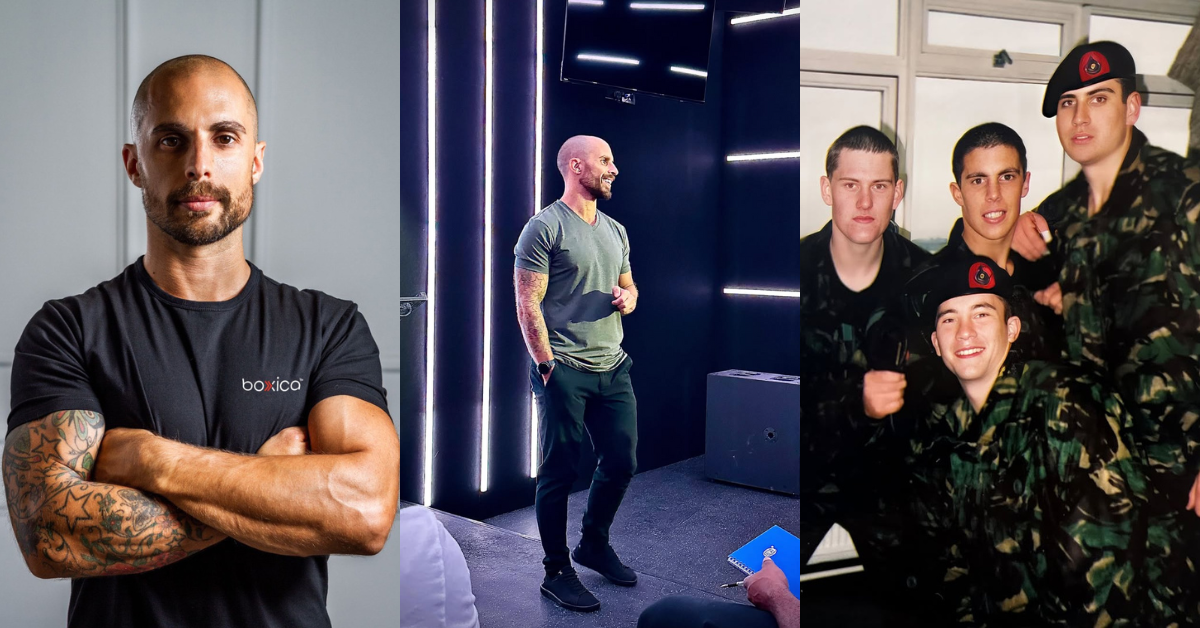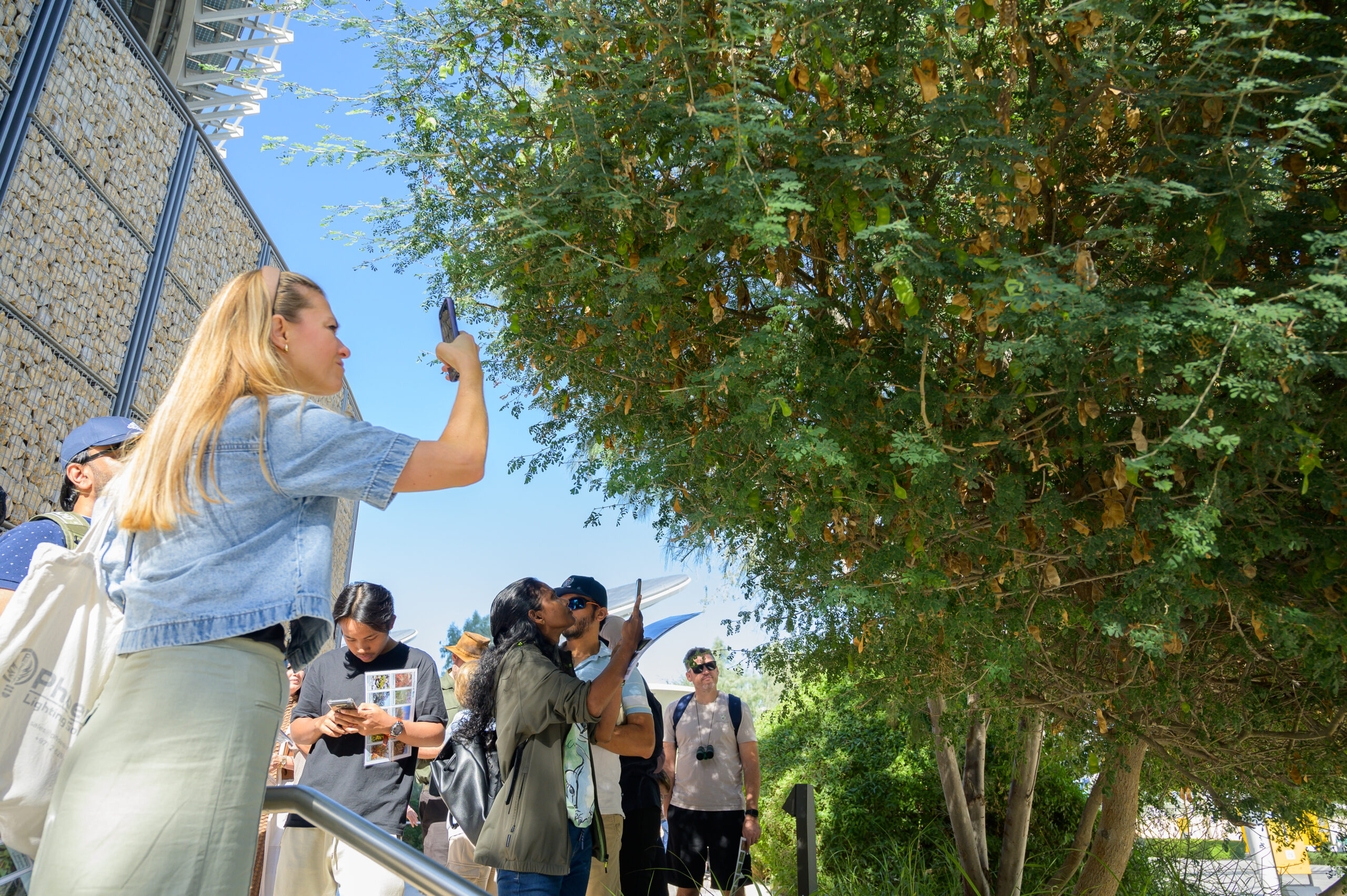Cyrus Rustom Gives us a Master class in Embracing Resilience
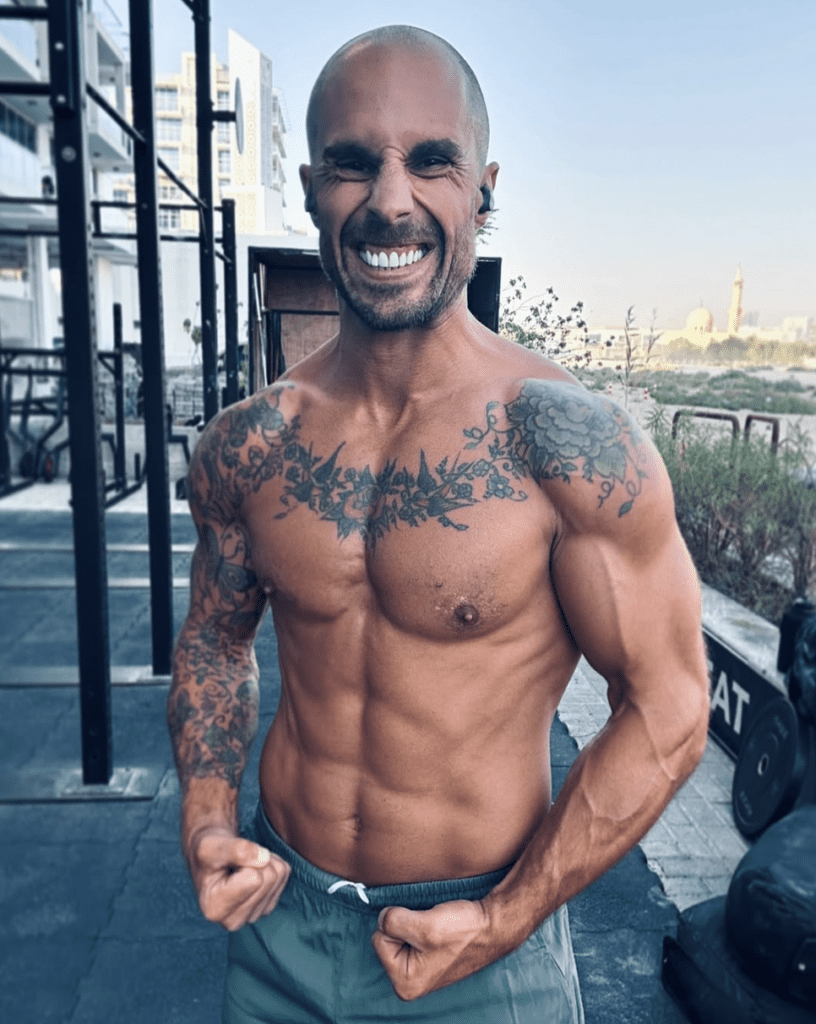
In the face of unimaginable hardship, survival often becomes the first step towards rediscovering oneself. For many, a life-changing accident leads to a long, arduous recovery process—physically, mentally, and emotionally. For one individual who survived a devastating accident, his journey to recovery became a powerful testament to resilience, mental strength, and the ability to find meaning in suffering.
Finding a New Reality
After the accident, the first thought that went through his mind was the overwhelming sense of shock and disbelief. Having endured horrific physical injuries—his jaw broken in three places, the entire right side of his face crushed, and brain damage that led to impaired vision and hearing—the trauma left him in a state of deep uncertainty. Doctors told him that he might never fully regain his sight or hearing, and his face would never look the same again.
Alone in the hospital, he felt like a victim, drowning in self-pity. But his perspective shifted dramatically when he encountered another man in the same ward, whose life had been irrevocably altered in a far worse way. This man had lost his mother and sister in the same accident that left him physically disabled, unable to control his body, yet his mind remained sharp. Despite his own suffering, the older man visited him daily, offering support and good energy. Witnessing this extreme hardship sparked a moment of clarity. Suddenly, his own struggles seemed insignificant in comparison.
Embracing the Mental Challenges in Recovery
The recovery process was long and grueling, with no instant breakthroughs. The initial realisation that life may never return to “normal” caused a significant hit to his confidence. However, rather than succumbing to despair, he tapped into the mental resilience he had developed through his military training.
At the lowest points in his recovery, when everything seemed too overwhelming to continue, the memory of the disabled man in the ward kept him going. It reminded him that no matter how bad things seemed, there was always someone going through something worse. This perspective, of seeing his own challenges as manageable compared to others’, helped him push forward.
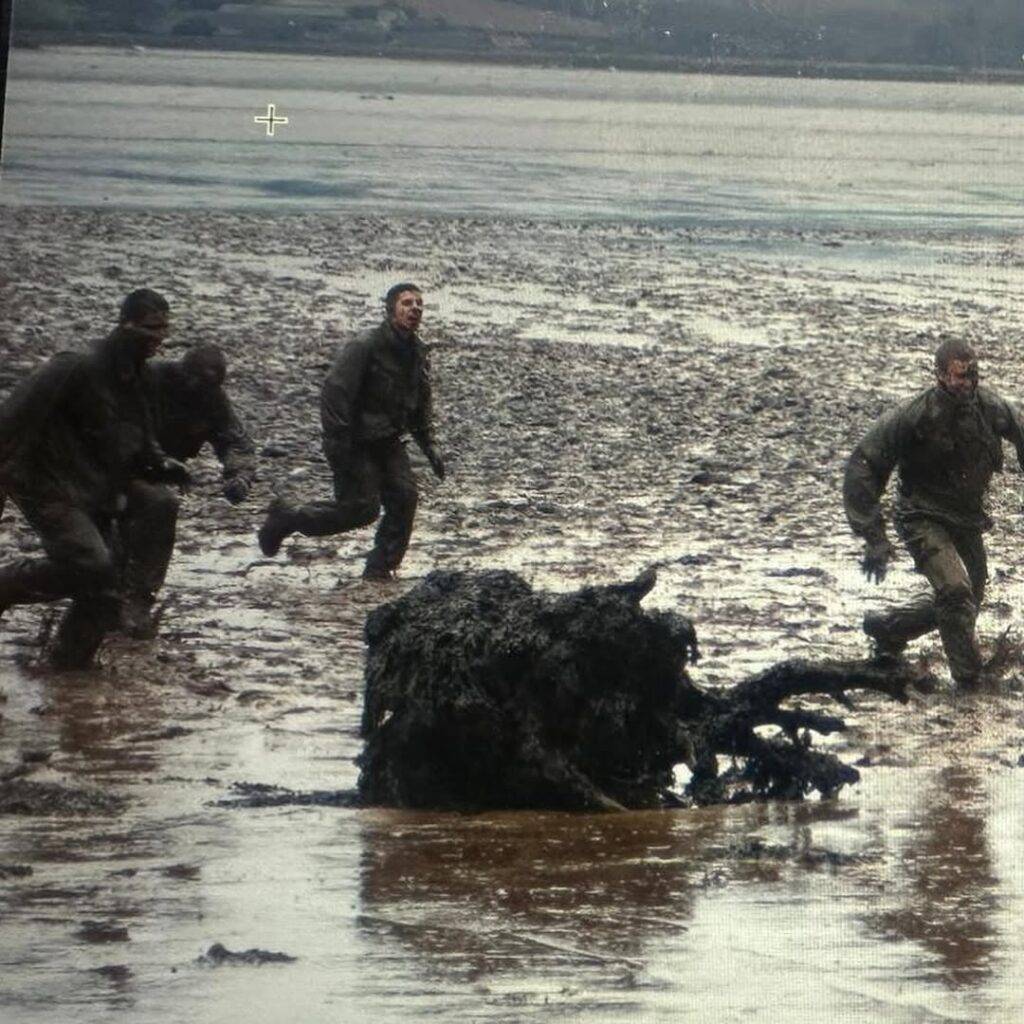
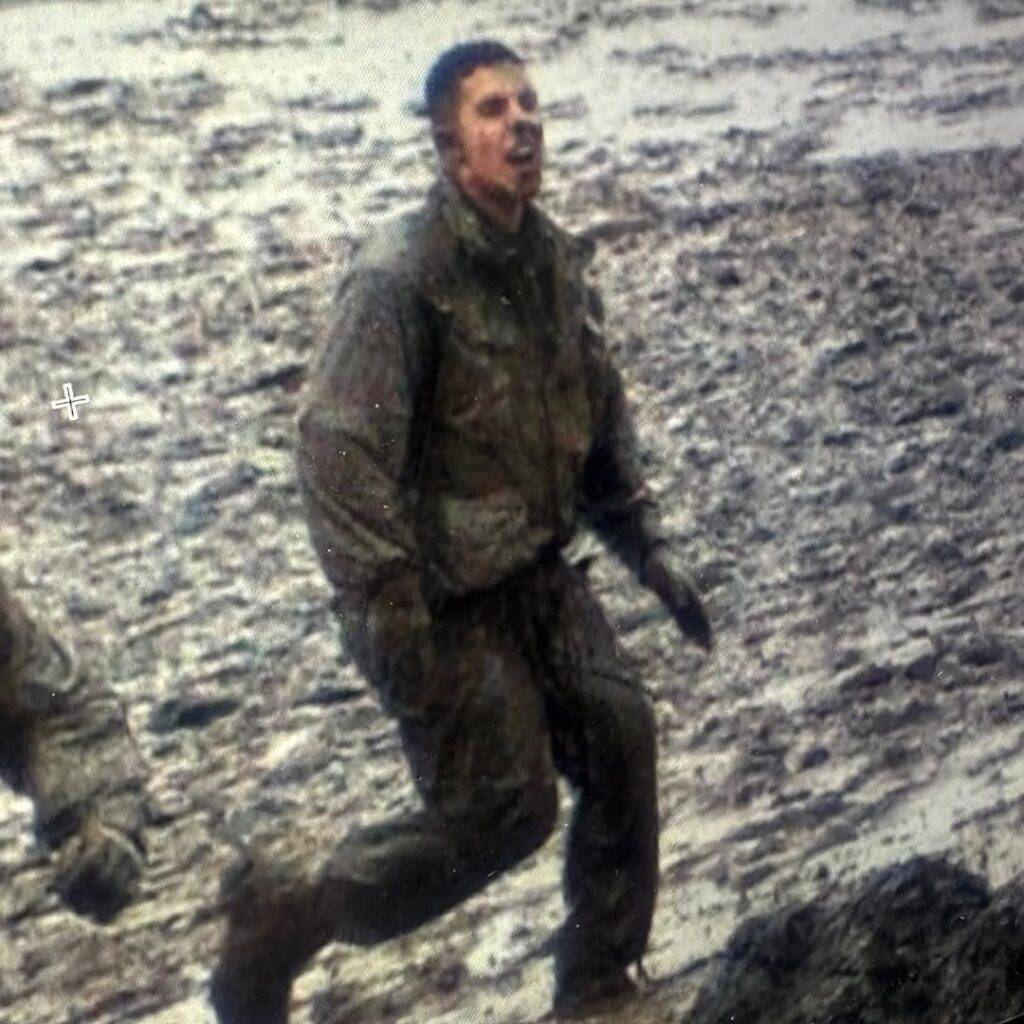
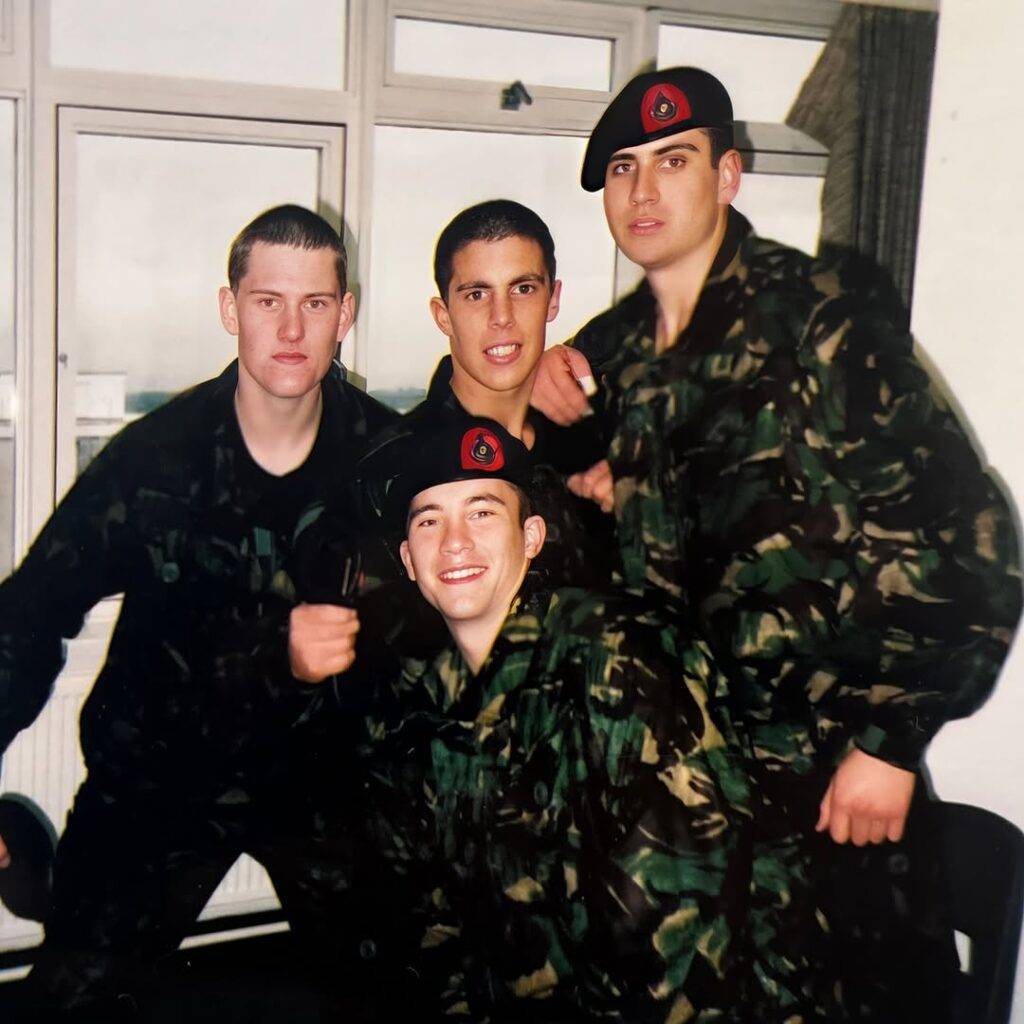
Training is The Backbone of Resilience
The resilience cultivated through his military training played a pivotal role in his recovery. The discipline, determination, and mental fortitude he had built while training as a commando were now the foundations for his healing process. His military experience taught him the importance of setting a goal and never settling for anything less, even when the path was difficult. Whether it was recovering physically or mentally, the lesson was clear: consistency, focus, and unwavering commitment to a singular goal were key to overcoming adversity.
Despite the challenges, he knew that life was about pushing through, not giving up. Even during the most intense moments of suffering, his military mindset helped him stay on course.
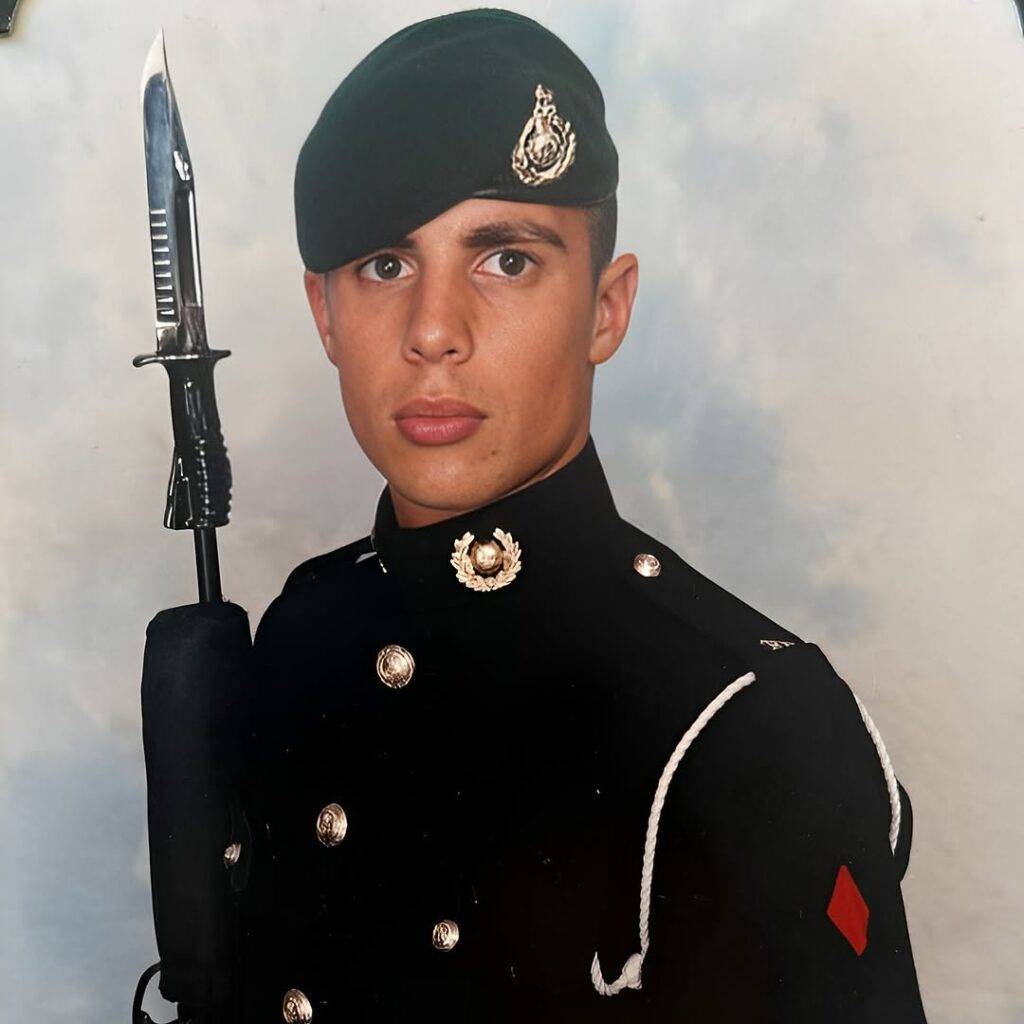
Navigating the Emotional Aftermath of Mental Health
The emotional and psychological aftermath of his injury was perhaps the most difficult aspect of his recovery. In the past, he had not been one to express his emotions openly, especially as a man raised in a military environment where vulnerability was discouraged.
But during his recovery, he learned the vital importance of addressing his emotions. He found that bottling up his feelings only led to more frustration, and eventually, he realised that true strength comes from embracing vulnerability. This realisation was further emphasised by the birth of his son, an event that shattered emotional barriers he had spent a lifetime building.

Challenging Misconceptions About Mental Health
Through his journey, he unlearned several misconceptions about mental health and resilience. For one, he had to discard the belief that men must always be tough and hide their emotions. His experience in the military had reinforced this mindset, but it became clear that being emotionally open and talking about struggles was essential to personal growth and well-being.
Additionally, he learned that expressing emotions was not a sign of weakness, but rather a form of strength. Men, particularly in tough environments, often struggle with this, as emotional expression has long been seen as unmanly. But as he discovered, real strength comes from confronting one’s feelings head-on, rather than suppressing them.
Advice for Others Facing Life-Changing Trauma
For those facing life-altering events, his advice is simple: embrace the challenge. Difficulties are not random, but rather opportunities for growth and transformation. Every hardship carries a lesson, and those who face adversity can emerge stronger, wiser, and more capable of becoming the best version of themselves.
He urges others to recognise that vulnerability and mental strength are not opposites. Speaking about one’s emotions, seeking help, and building resilience through consistent effort are all vital components of recovery. He also emphasises the importance of fitness—both physical and mental—as a tool for healing. Exercise, for him, was a key aspect of regaining his strength and confidence during his recovery.

Coaching and Inspiring Others
Today, he uses his story and experience to inspire and coach others. His approach is centred on showing people that they too can overcome their struggles, much like he did. Through talks, coaching sessions, and social media, he shares his message: life is short, and we must embrace every moment. His guidance encourages others to face their fears, break through their limitations, and set goals that push them beyond their comfort zones.
His coaching includes practical tools for mental and emotional resilience. For instance, one of the most challenging exercises he uses with his clients is the “arrow-breaking” exercise, where individuals break an arrow using the softest part of their neck. This exercise teaches them to face fear and overcome it by walking confidently towards the challenge.
He also promotes practices such as ice baths, sauna sessions, and maintaining a healthy diet, which he believes are foundational to mental and physical wellness. Eating well, he insists, directly impacts your mental clarity and emotional health.
—
Ultimately, his message is clear: mental strength is not about avoiding challenges but learning how to navigate them with courage and resilience. Life will inevitably throw obstacles in our path, but how we respond to those challenges determines our growth and potential. Embrace the struggles, confront the fears, and use every hardship as an opportunity to become stronger.


